Best Allergy Supplements for Dogs: What Vets Recommend
You watch your dog scratch, lick, and lose patches of fur — nothing seems to stop the cycle of itch and irritation.That constant scratching not only makes your pet miserable but leads to infections and costly vet visits.Using the best allergy supplements for dogs as part of a vet-approved plan can reduce inflammation, restore skin barrier health, and help your dog feel comfortable again — from the inside out.
Why allergies in dogs happen
Food allergies
Common triggers: beef, chicken, dairy, wheat, soy and corn.
Symptoms: chronic scratching, ear infections, recurrent diarrhea or vomiting.
Tip: If food allergy is suspected, a vet-guided elimination diet plus targeted supplements often helps.
Environmental and contact allergies
Pollen, dust mites, mold, and household chemicals cause seasonal or year-round problems.
Contact with certain shampoos or cleaning products can cause localized skin reactions.
Parasite-driven allergies
Flea allergy dermatitis is one of the most common and severe causes of itching in dogs.
Even a single flea bite can trigger intense reactions in sensitive pets.
Using high-quality supplements is one tool — not a replacement for vet diagnosis. For persistent or worsening signs, consult your veterinarian.
How supplements help: the science in plain terms
Support immune balance
Supplements with anti-inflammatory nutrients reduce overactive immune responses that drive itching.
Probiotics influence gut-immune interactions and can decrease systemic allergy signals.
Repair the skin barrier
Essential fatty acids and vitamins nourish skin cells, improve moisture retention, and make it harder for allergens to penetrate.
Better skin barrier = less irritation and fewer secondary infections.
Reduce inflammatory mediators
Ingredients like EPA/DHA (Omega-3s) and bioflavonoids help lower inflammatory chemicals that cause redness and itch.
In short, the best allergy supplements for dogs work alongside diet and environment changes to tackle root causes and symptoms.
Key ingredients to look for
| Ingredient | Main benefits | Notes |
|---|---|---|
| Omega-3 fatty acids (EPA/DHA) | Anti-inflammatory, improves coat & skin | Fish oil or algal oil sources; dose by weight |
| Probiotics | Supports gut-immune balance | Choose strains shown to benefit dogs |
| Quercetin | Natural antihistamine and antioxidant | Often paired with bromelain for absorption |
| Vitamin E | Skin antioxidant and healer | Works synergistically with fatty acids |
| Zinc & Biotin | Support skin integrity and coat health | Deficiencies worsen skin issues |
Types of supplements and who they’re best for
Fish oil / Omega-3s
Best for dogs with inflammatory skin disease, seasonal allergies, or dull coats.
Typical result: reduced redness and scratching within 3–8 weeks.
Probiotic formulas
Ideal when dogs have both skin and gut signs (loose stools, food sensitivities).
Choose veterinary-grade probiotics designed for pets.
Herbal or multi-ingredient anti-itch blends
Often combine quercetin, bromelain, fish oil, and vitamins. Good for moderate seasonal itch.
Ask your vet about interactions if your dog is on medications.
How to choose the best product
Read the label
Prefer supplements with transparent ingredient lists and verified potency.
Avoid unnecessary fillers, artificial colors, or strong flavorings that can irritate sensitive pets.
Check third-party testing
COA (Certificate of Analysis) or independent lab testing indicates quality control.
Vet guidance matters
Work with your veterinarian to pick a supplement that fits your dog’s weight, age, and health status.
Combining the right supplement with targeted diet changes (limited ingredient or hydrolyzed protein diets) often produces the best results for itchy dogs. The combination of targeted formula, vet supervision, and environment control makes a real difference.

Dosage, timing, and expected timeline
Start gently: follow label dosing by weight and gradually introduce new supplements.
Observe 2–8 weeks: mild improvements often show in 2–3 weeks; more significant change may take 6–12 weeks.
Consistency is key: daily dosing provides steady support to skin and immune balance.
Safety and common cautions
Some supplements can thin blood (high-dose fish oil) — consult your vet before surgery.
Check for allergies to ingredients (e.g., fish allergy) and avoid those formulas.
Always check interactions if your dog takes steroids, immune-suppressing drugs, or other prescriptions.
Practical plan: Integrating supplements into a care routine
Get a vet check to rule out infections, parasites, or endocrine issues.
Start a vetted supplement (Omega-3 + probiotic or an anti-itch blend) at recommended dosage.
Switch to a limited-ingredient or hypoallergenic diet if food allergy is suspected.
Control environment: regular cleaning, flea prevention, and hypoallergenic bedding.
Reassess with your vet after 6–8 weeks and adjust plan as needed.

Everything Our Vets Recommend
Realistic expectations
Supplements help many dogs but they are rarely an instant cure. Think of them as part of a long-term skin health strategy.
Severe allergic cases still may need medications (antihistamines, steroids, or immunotherapy) under veterinary supervision.
Comparing popular supplement approaches
| Approach | Best for | Pros | Cons |
|---|---|---|---|
| Fish oil (EPA/DHA) | Inflammatory skin, dry coat | Strong evidence, fairly fast | Possible fishy breath; quality varies |
| Probiotics | Dogs with GI + skin issues | Supports gut-immune axis | Strain-specific benefits; not one-size-fits-all |
| Herbal blends (quercetin + bromelain) | Seasonal itchy dogs | Natural antihistamine effect | Quality and potency vary |
Best allergy supplements for dogs FAQs
How soon will the best allergy supplements for dogs work?
Expect mild relief in 2–3 weeks and more noticeable improvement around 6–12 weeks when used consistently. Individual responses vary.
Can supplements replace medication?
Not always. Supplements can reduce reliance on medication for some pets, but severe cases often require drugs or immunotherapy under veterinary care.
Are supplements safe long-term?
High-quality formulations like Omega-3s and appropriately dosed probiotics are generally safe long-term, but routine vet monitoring is recommended.

Vet-recommended checklist before buying
Confirm diagnosis (skin scraping, allergy testing if needed).
Ask your vet about interactions with current meds.
Choose products with clear sourcing and third-party testing.
Monitor weight, stool, and skin condition during use.
Closing summary
When combined with diet adjustments, parasite control, and environmental management, the best allergy supplements for dogs can be a safe, effective component of a long-term plan to reduce itching and improve skin health. Prioritize vet guidance, reliable brands, and consistent use for the best outcomes — and your dog will thank you with more comfortable, itch-free days.
You May Like:
- 3 Month Allergy Shot for Dogs: Vet-Approved Relief
- Best Dog Food for Allergic Dogs: Vet Picks You Can Trust
- Dog Probiotics for Itching: Relieve Your Pup’s Scratching Safely
- Best Dog Shampoo for Itching? What Most Owners Get Wrong
User Comments
Does flea treatment kill ear mites too?
Can dogs take human probiotics?
Can dogs have people probiotics safely?
Related Articles
View all
How to Get Rid of Dog Allergies Naturally: Common Mistakes

Dog Allergic Reaction Eye Swelling: Hidden Mistakes to Avoid

Why Do Bulldogs Scratch? Bulldog Skin Allergies Guide
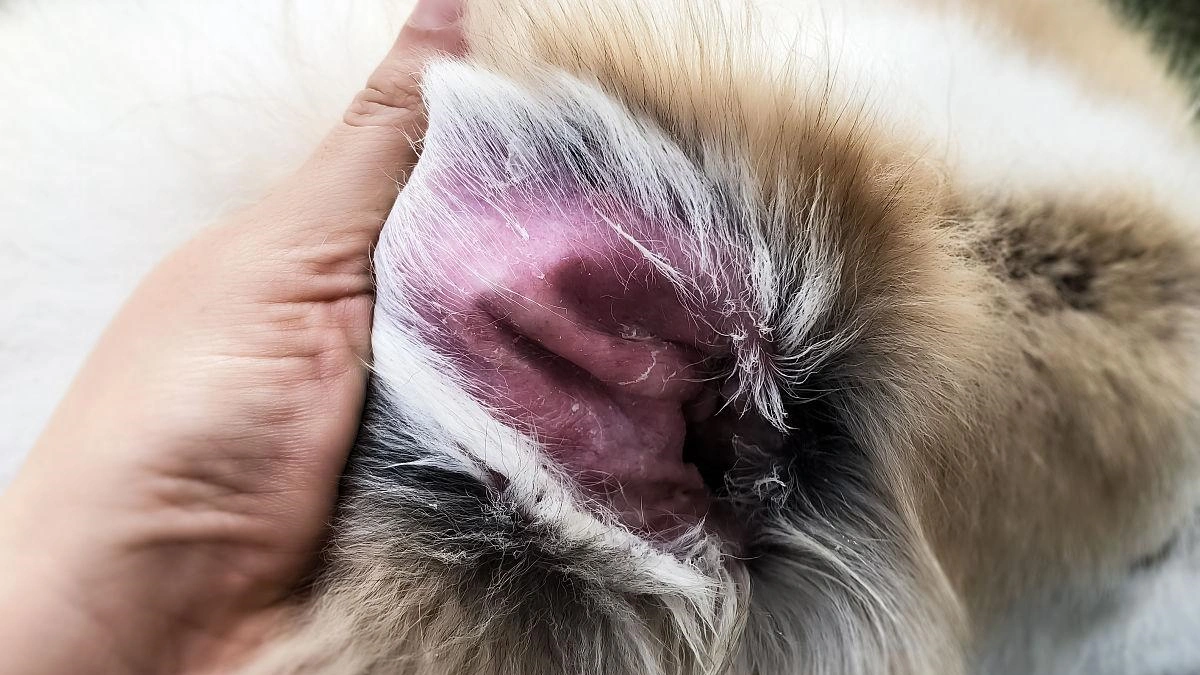
Cure for Dog Skin Allergies Owners Often Miss

How to Get Rid of Dog Allergies Naturally: Common Mistakes

Dog Allergic Reaction Eye Swelling: Hidden Mistakes to Avoid

Why Do Bulldogs Scratch? Bulldog Skin Allergies Guide

Cure for Dog Skin Allergies Owners Often Miss

Vet-Recommended Wet Dog Food for Sensitive Stomachs — 2025 Guide

Dog Dust Mite Allergy: Symptoms, Treatment, Prevention

Can Allergies in Dogs Cause Diarrhea and Vomiting? Explained

10 Pitbull Health Problems You Should Know in 2025 — Tips


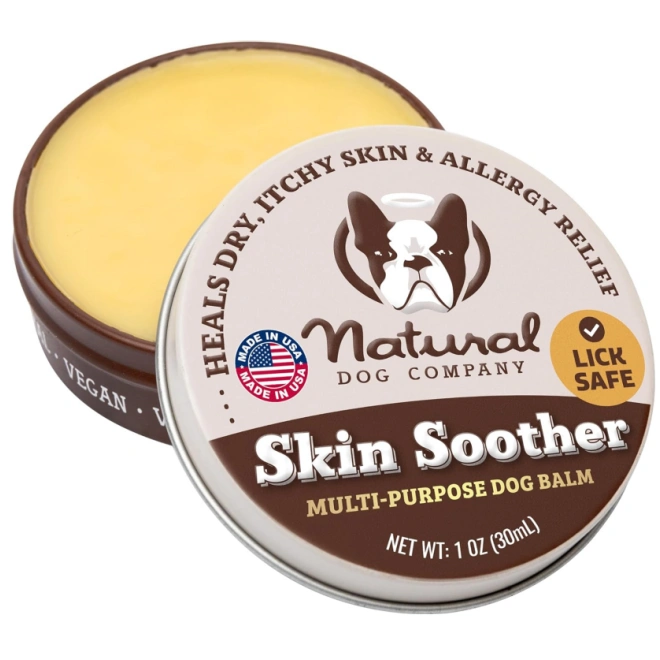
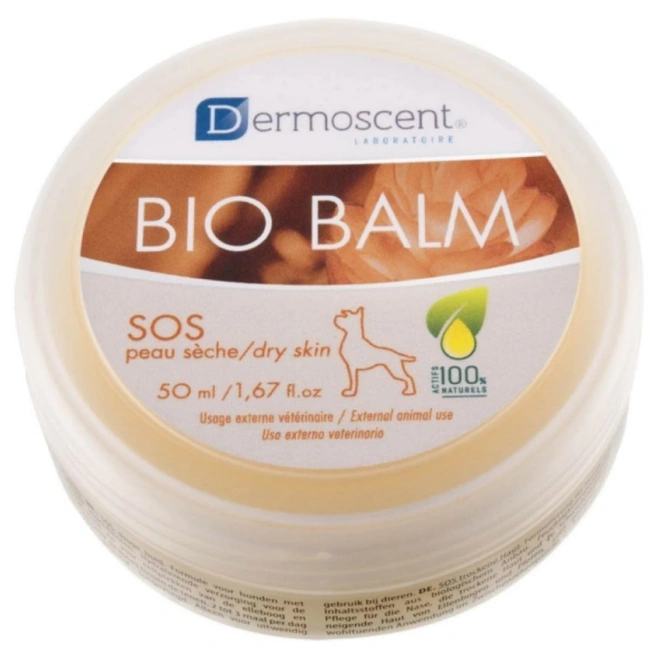
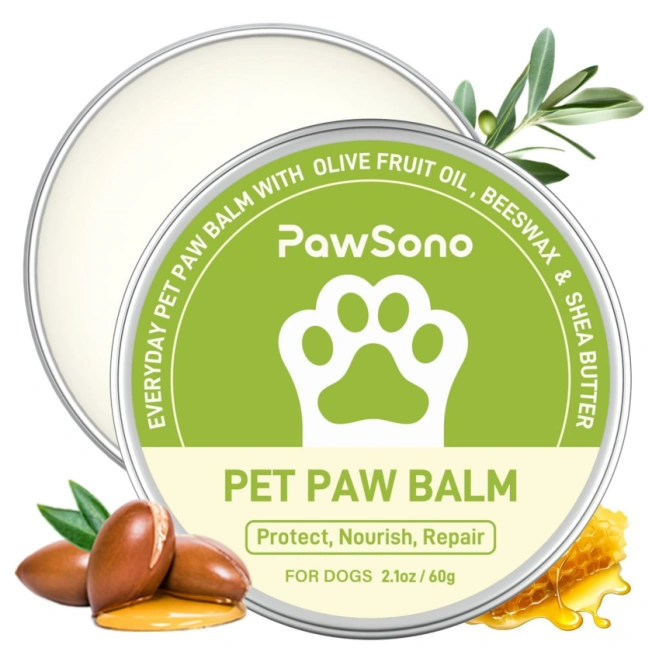
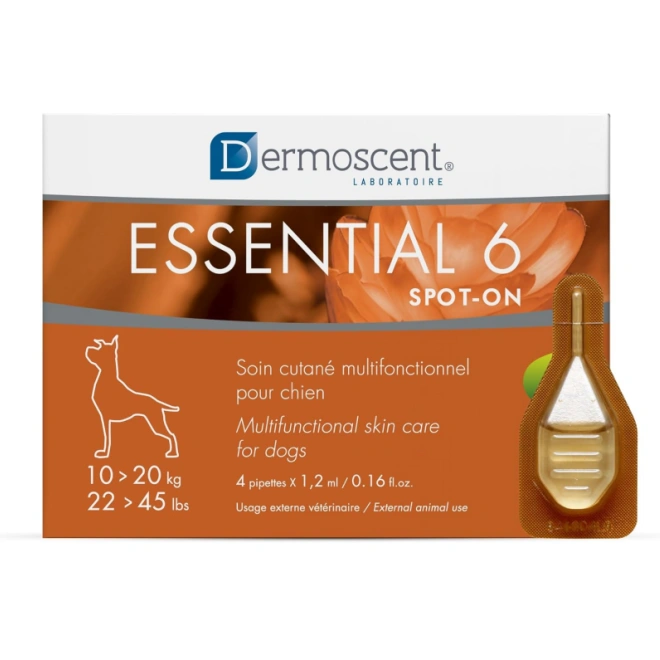








Leave a Reply